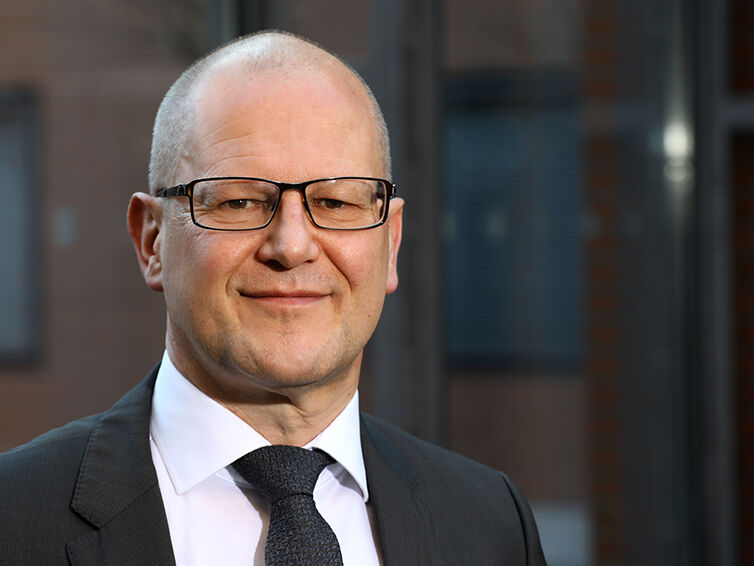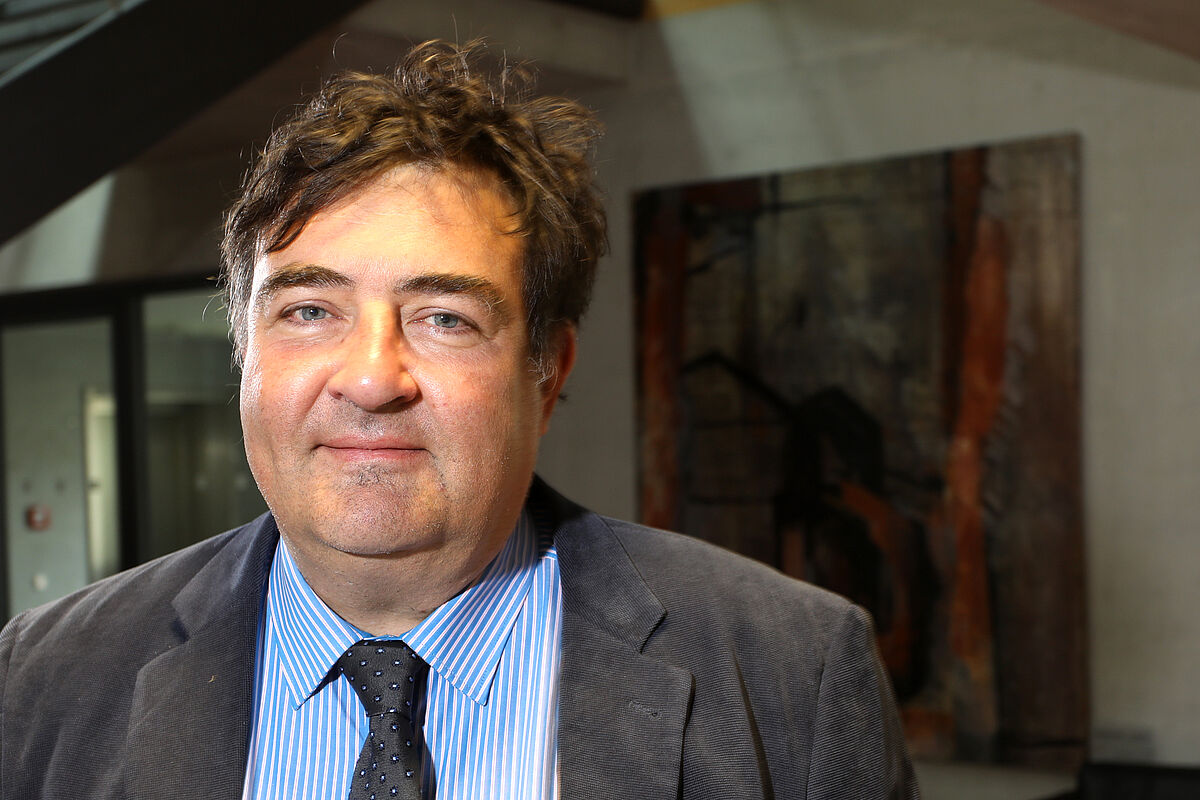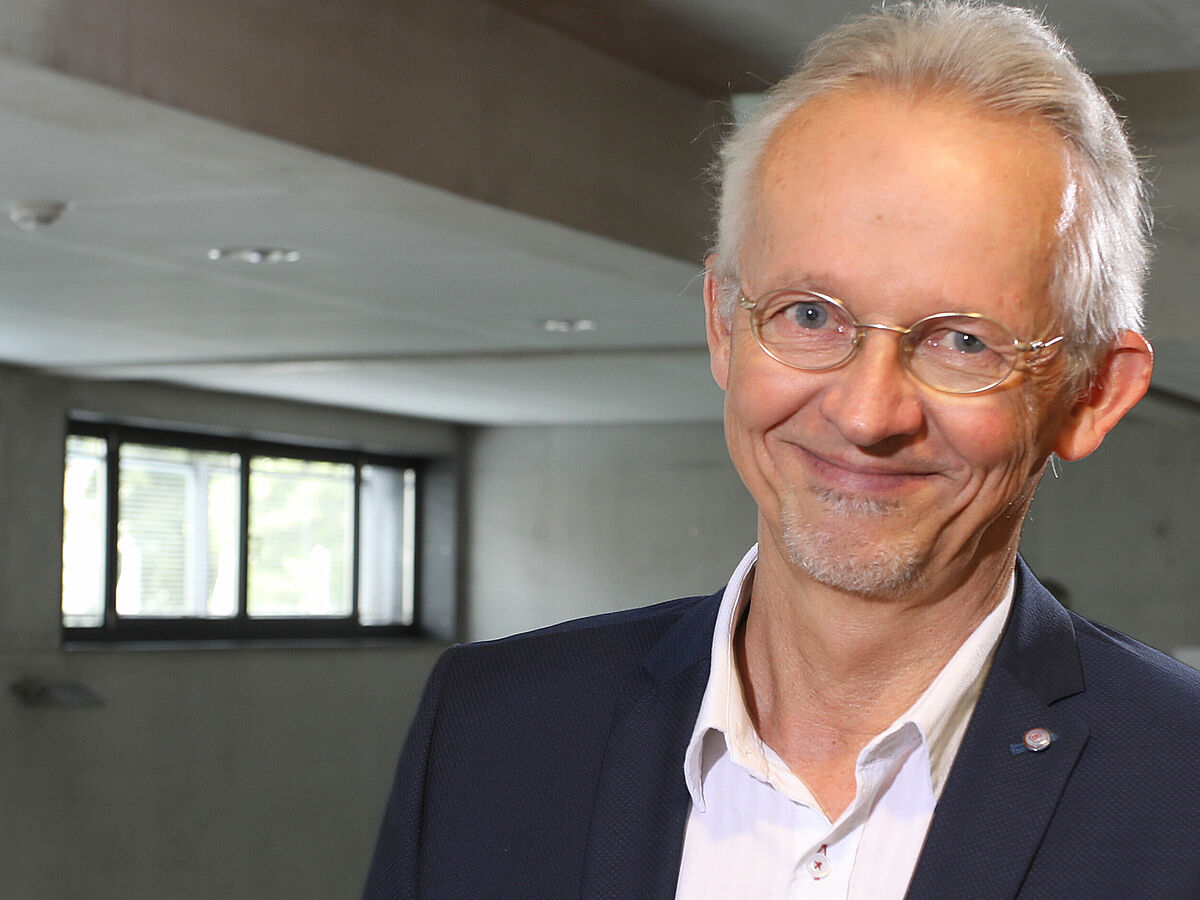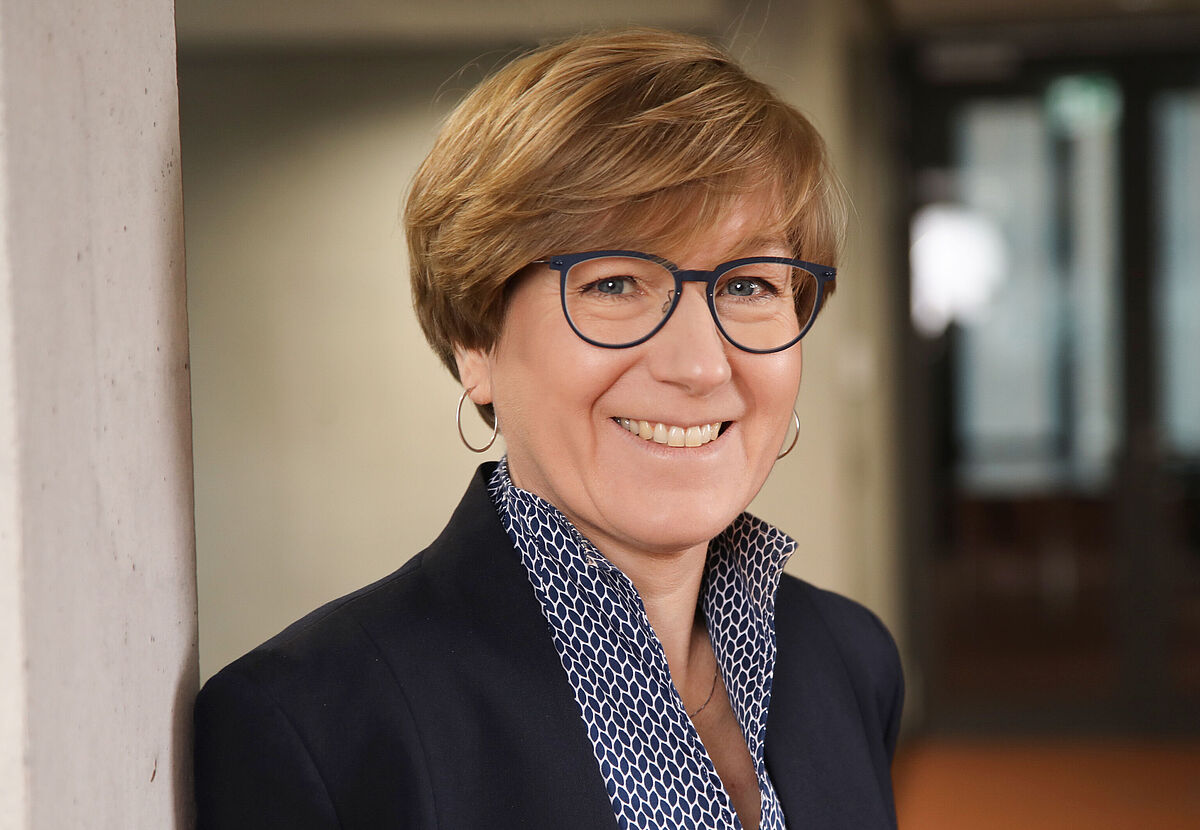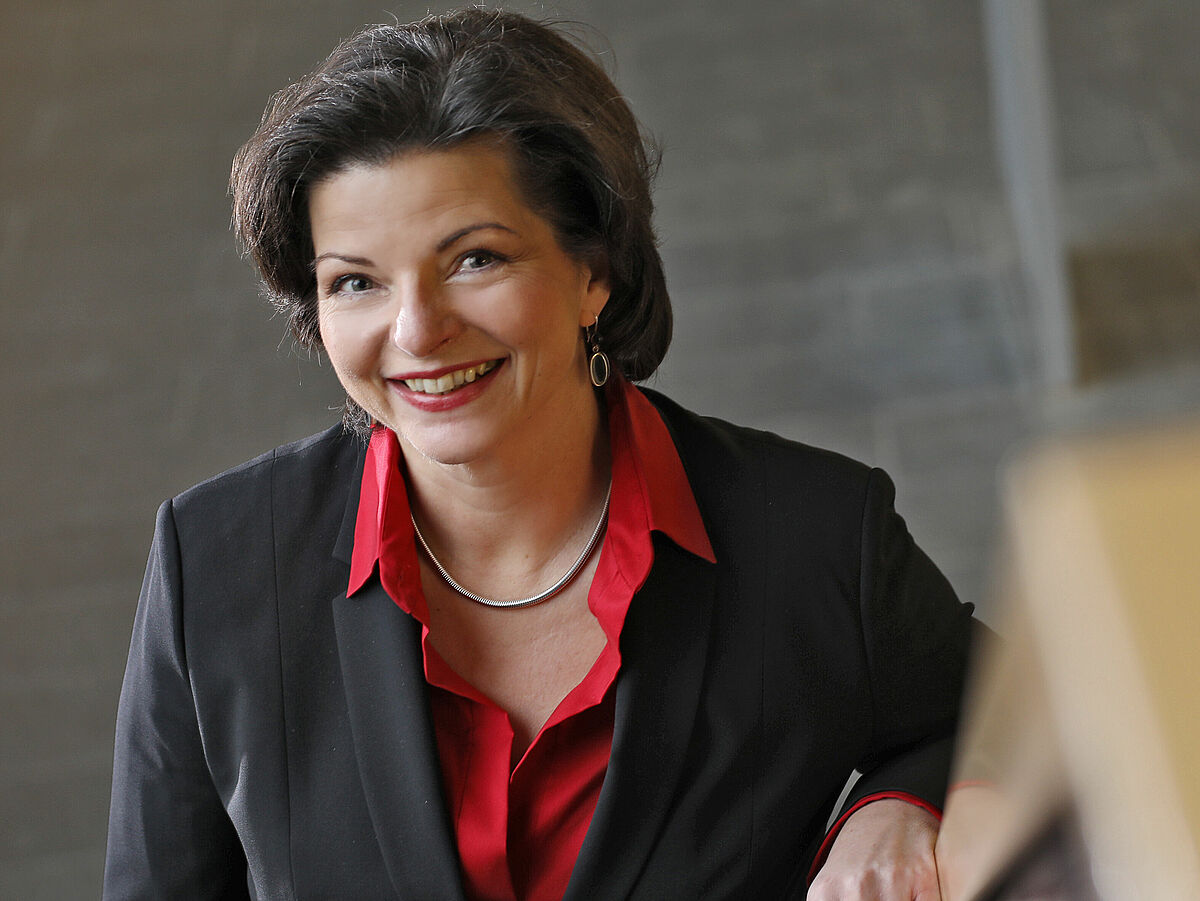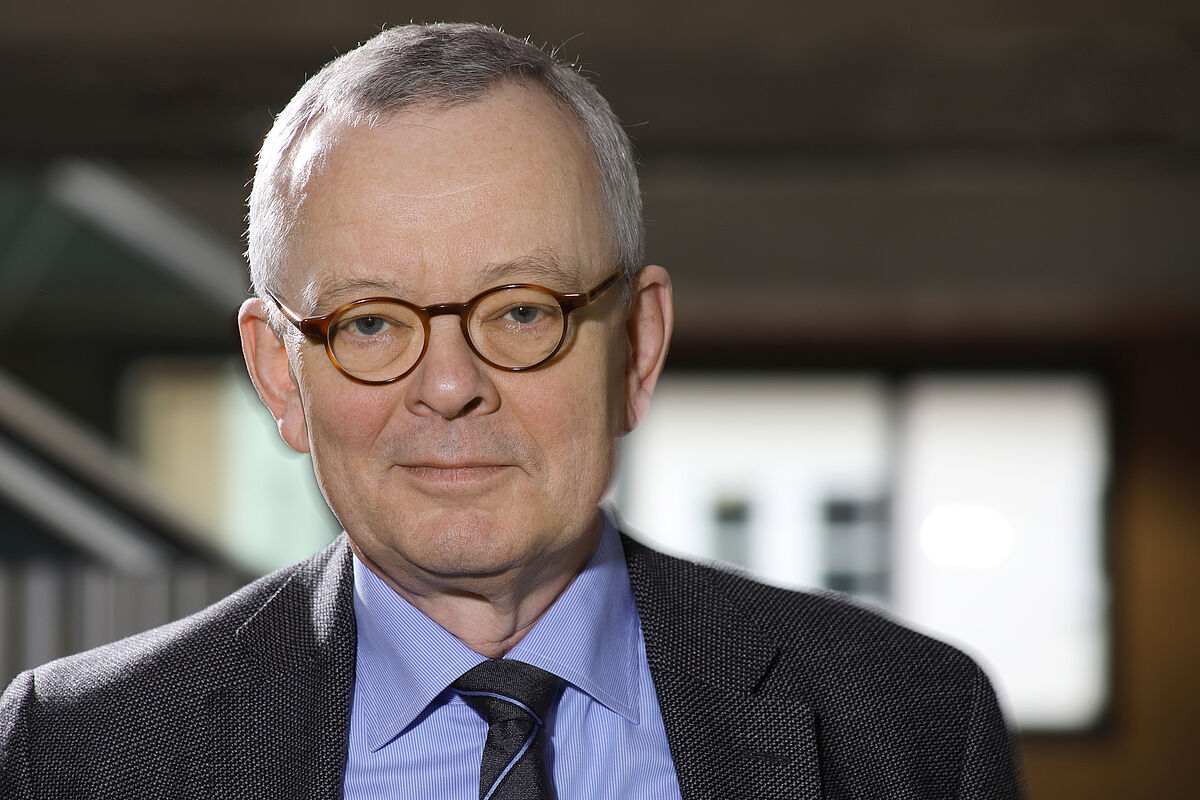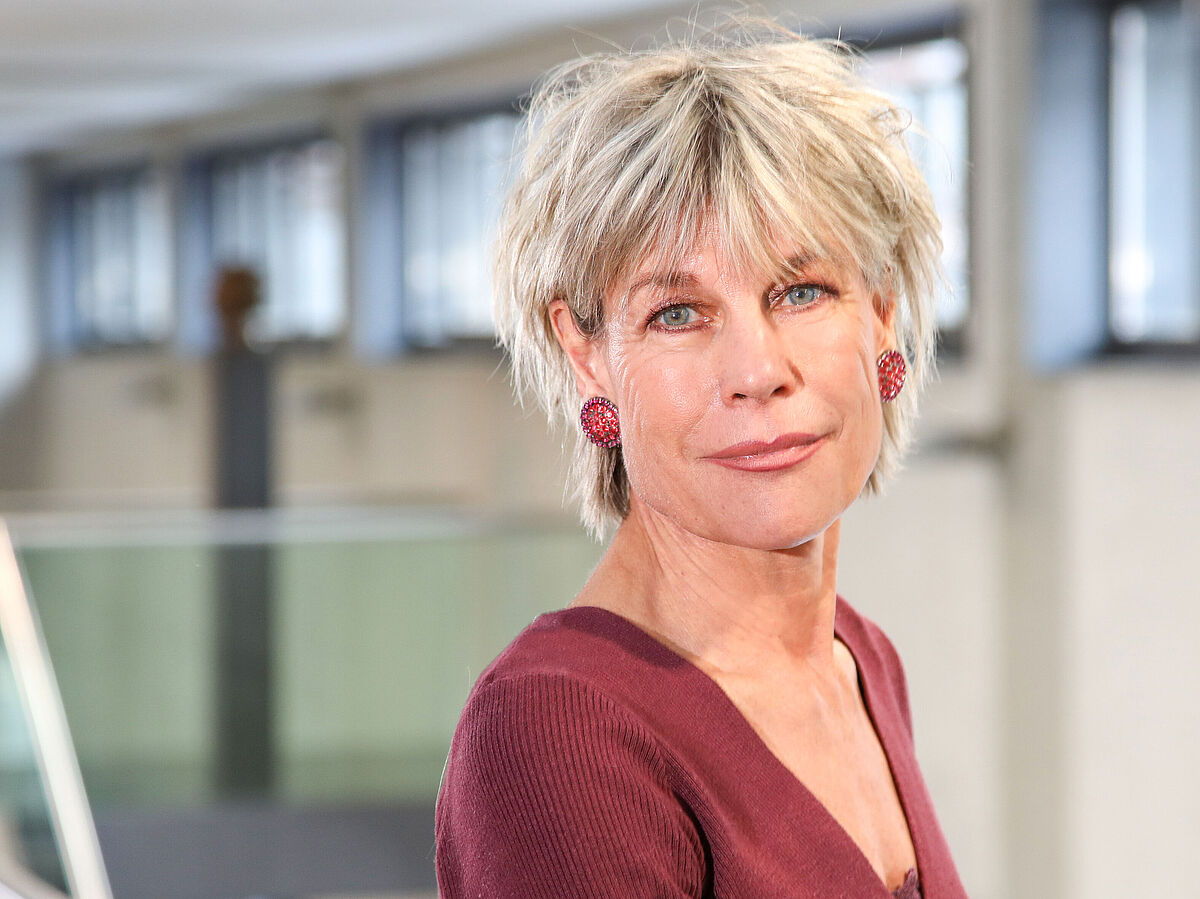Members of the Advisory Board
The Academic Advisory Board advises the Board of Trustees and the Board of Directors, in particular as relates to the objectives and plans of the Wissenschaftskolleg. It is made up of a maximum of twelve members who are appointed by the founders.
Wolfgang Hoffmann is managing director of the Institute for Community Medicine and head of the Department of Health Care Epidemiology and Community Health at the University Medical Center Greifswald. His research focuses on innovative models in regional care, population-based intervention and prevention, as well as data protection and data management.
Thomas Maissen is a full professor of modern history with a focus on the early modern period at the University of Heidelberg. He was previously Director at the German Historical Institute in Paris from 2013 to 2023, after teaching at Heidelberg University from 2004 to 2013. His research focuses on the history of historiography, (state) political thought, the history of mentalities and images of history. He is also interested in the history of Switzerland and the history of education and schools.
Konstanze Marx-Wischnowski is Professor of German Linguistics at the University of Greifswald. Her research interests include pragmatics (in particular with the sub-disciplines of acquisition and didactics, interaction and discourse linguistics), applied linguistics (with the sub-disciplines of internet linguistics, media linguistic prevention, sociolinguistics, language criticism, digital ethnography and ethics) and psycholinguistics (with a particular focus on the interaction of language, emotion and cognition).
Werner Raub is Professor of Sociology in the Department of Sociology at Utrecht University, Netherlands and at the Interuniversity Center for Social Science Theory and Methodology (ICS) at the Universities of Groningen, Utrecht and Nijmegen, Netherlands. His research fields include theoretical sociology and organisational studies as well as business sociology and sociology of the family. The primary aim of his work is to systematically integrate theoretical models and empirical research in sociology.
Bettina Schöne-Seifert is licensed and holds a doctorate in human medicine with a habilitation in philosophy. She has held the chair for medical ethics at the University of Münster and was a member of the National and German Ethics Council from 2001 to 2010. Her main area of work is medical ethics with a focus on questions of the theoretical basis of bioethics, euthanasia, genome editing and patient autonomy as well as ethical and epistemological questions on dealing with alternative medicine.
Cornelia Zumbusch is professor of modern German literature at the University of Hamburg. In her research she deals with literature, poetics and aesthetics of the 18th and 19th centuries, image theories and literary imagery, cultural philosophy and theory of cultural studies, theory of prose and storytelling, literature and knowledge as well as aesthetics and affectivity.

